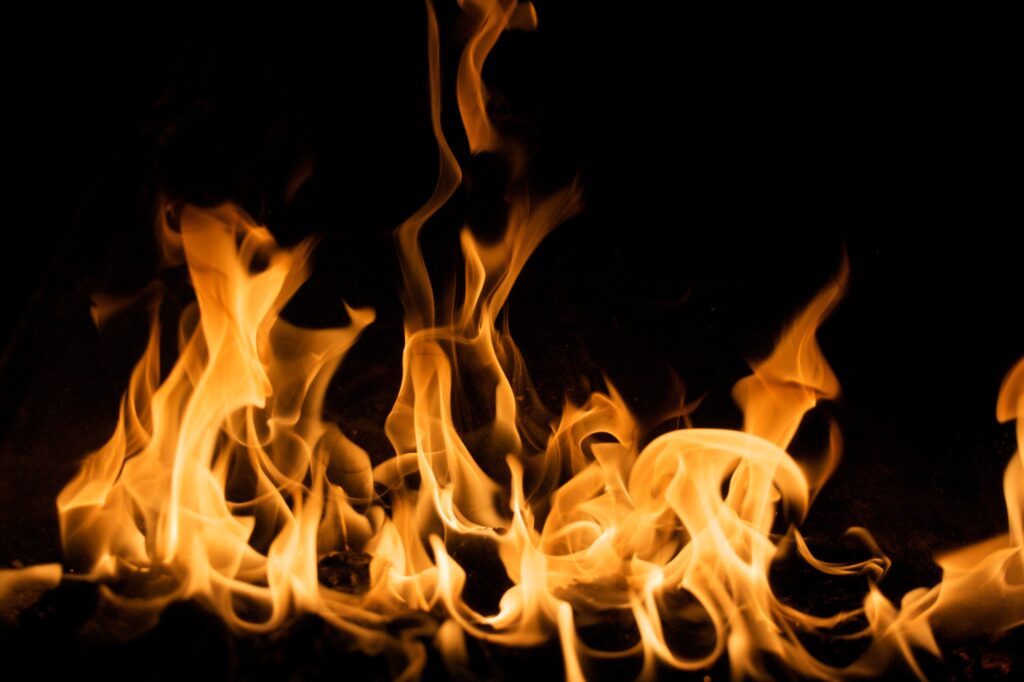There is nothing worse than the tragedy of a fire ripping through a home, and since most fires are started by accident, it is essential that you have a means of escape and a plan in place just in case this tragedy does occur.
In 2019, 1,291,500 house fires in the US led to many deaths and billions of dollars of damage.
So what can you put in place as your fire safety protocols to help prevent the possibility of a fire within your home?

Photo by Guido Jansen on Unsplash
Windows
An evacuation plan is one of the most critical parts of fire safety. Know where the escape routes are within your home – or plan with a window specialist to have some implemented. Here is a great place to start with looking into window replacement.
Try to ensure that any rooms in the home are open, as windows are the main point of evacuation for those who aren’t on the home’s ground floor.
Ensure that windows intended for fire escape routes are clear and that the key is within easy reach.
Fire extinguishers
Reducing the spread of a fire can save lives, and the most important way you can do that is by using fire extinguishers. Fires can quickly get out of control but can be dampened while people escape. Proper use of fire extinguishers is something you should learn when you buy them, and it is a good idea to have one on each level.
Ensure that your fire extinguisher is updated and that you know how to use it. There are online videos and training available from fire stations to ensure you know how to use them if you need to.
Smoke alarms
The FEMA has stated that 51% of the deaths caused by home fires are when people are sleeping. This indicates that there are no working smoke alarms to wake people up. Each corridor and bedroom in the home should have a fire extinguisher installed and regularly tested.
Wiring
If you have an older home, you might be at a higher risk of fires. Old wiring isn’t up to newer codes, and things like aluminum wiring, lack of ground wires, and deteriorated wire insulation can all cause fires.
Call a local electrician to check over your wiring and ensure that nothing is overloaded or in a dangerous condition.
Children
Some fires are caused by inquisitive children who manage to get hold of matches or lighters and play with them. Make sure that your children are educated on the dangers of fire and how much damage playing with lighters and damage can do.
Where possible, ensure your own has the safety on so that the nobs can’t be twiddled and the gas doesn’t leak into the home.
Smoking
Many fires are started by a cigarette that hasn’t been put out correctly or has fallen on the floor. Never leave a cigarette unattended, and make sure you use large deep ashtrays that are less likely to let a cigarette fall out of it. Ensure that you put the cigarette out properly, smoke outside, and put butts into a bucket of water.
Dryer
A massive 90% of appliance fires are caused by dryers that have not been cleaned regularly. The dry lint of clothing piles up; this can be in the back and/or front of your dryer. The lint is very flammable, and if the dryer’s ventilation is reduced, a fire can happen. Another reason that dryers can catch fire is if things like rubber, plastic, and foam are put in them and overload the machine.
Cooking
Oil fires are one of the most common kitchen fires, and how you deal with them can change the outcome. Turning the heat off and putting the lid on the pan as quickly as possible will mean that the fire has no oxygen to help it grow in size.
Plan
Accidents happen, which could mean that they will happen to you. Plan how you will escape from a fire should it occur. Who will get the children, and which window should people go to? Where are the possible exits, and what can be used to slow the spread of the fire?
What makes the plan work is that it is practiced. So no matter where people are in the house, they practice by heading to the window or door they would use to escape.
Here are a couple of different ways that you can improve the safety of your home: ‘Investing In Your Home To Improve Its Safety’ – Tabby’s Pantry.

The use of wall curtains can cause fire safety in the home.